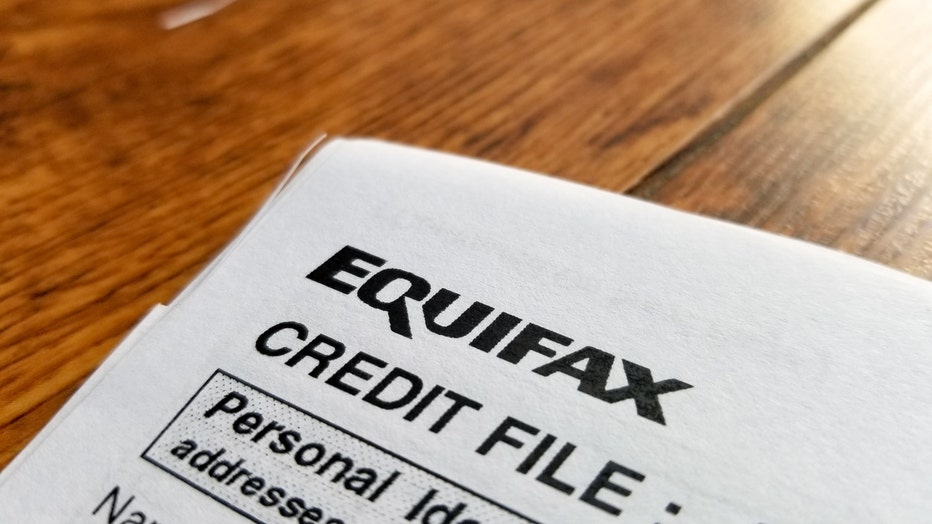Here’s how much it costs to have a baby in the US, analysis finds
Health costs associated with pregnancy, childbirth and post-partum care average nearly $19,000 in the United States, according to a recent analysis, and that doesn’t include any spending on the baby after he or she is born.
The analysis by the Peterson Center on Healthcare and the Kaiser Family Foundation shows that vaginal delivery costs about $15,000, while cesarean sections cost more than $26,000 on average. Out-of-pocket costs for women enrolled in large group health insurance plans are about $2,854 on average — $2,655 for vaginal delivery and $3,214 for C-section.
"These costs are more than many families can afford," the study’s authors said. "Roughly one third of multi-person households and half of single-person households would not have the liquid assets needed to cover typical out-of-pocket costs associated with pregnancy and childbirth in private health plans."
Researchers calculated the costs by looking at the difference in health spending for women of reproductive age who give birth compared to those who don’t. The data only includes women who gave birth in a hospital; it doesn’t include pregnancies that ended in abortion or miscarriage.
Past studies had only examined the costs of specific services, like delivery, or services with a pregnancy-related insurance code.
RELATED: Nationwide abortion ban could raise maternal death rate by 24%, study suggests
"The benefit of this approach is that it allows us not only to look at the cost of the delivery, but also at all health costs associated with pregnancy, childbirth, and postpartum care," researchers said.
According to the analysis, about half of people who give birth in a given year are covered by private insurance, and the rest are mostly covered by Medicaid, which generally has little or no out-of-pocket liability.
"Medical care for the infant can result in even more out-of-pocket costs for families with private insurance coverage," researchers said. "And these out-of-pocket health costs arrive just as these parents begin taking on additional costs of caring for a child. Many new parents also experience income losses due to a lack of paid parental leave, which can leave many new parents vulnerable to incurring medical debt."
100 million Americans carry medical debt

(Photo by FREDERIC J. BROWN/AFP via Getty Images)
Another poll from the Kaiser Family Foundation found that roughly 41% of adults have debt caused by medical or dental bills. Nearly a quarter of people polled (24%) say they currently have medical or dental bills that are past due, or they can’t afford to pay them.
Roughly one in five people (21%) say they have bills paid to a provider compared to one in six individuals (17%) saying they owe a medical debt to a bank, collection agency, or other lenders for loans used to pay medical or dental bills.
RELATED: 100 million Americans carry medical debt with some owing more than $10K, poll finds
The agency’s survey defines health care debt as money a person currently owes or debt they have based on personal medical or dental bills or someone else’s medical or dental care, including past bills, bills they can’t pay, and medical bills they’re paying off.
Roughly half of the people with current health care debt (56%) say they owe fewer than $2,500 compared to nearly half (44%) who say they owe at least $2,500 for medical or dental bills, including one in eight (12%) of respondents who say they owe $10,000 or more in health care bills.
Medical debt to be wiped clear of many credit reports

Close-up of the upper corner of a consumer credit report from the credit bureau Equifax (Photo via Smith Collection/Gado/Getty Images).
As of July 1, the three major U.S. credit reporting companies have stopped counting paid medical debt on the reports that banks, potential landlords and others use to judge creditworthiness.
The companies also are giving people a year to resolve delinquent medical debt that has been sent to collections before reporting it — up from six months previously.
RELATED: Medical debt to be wiped clear of many credit reports
Next year, the companies will stop counting unpaid medical debt under at least $500.
The companies say these moves will wipe out nearly 70% of the medical debt listed on consumer credit reports.
This story was reported from Seattle. FOX’s Kelly Hayes and The Associated Press contributed.

